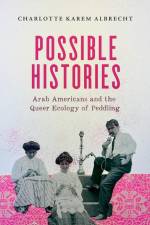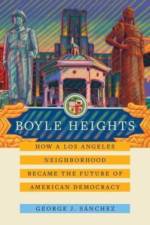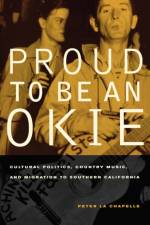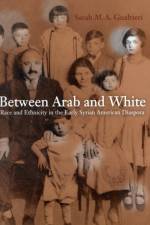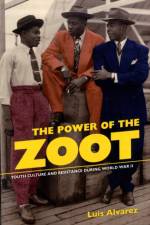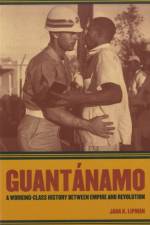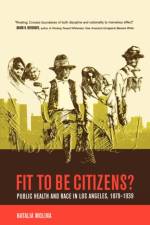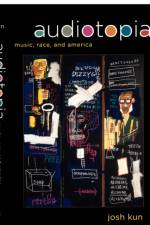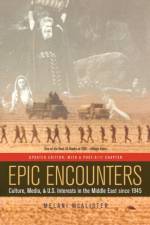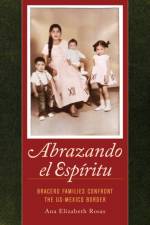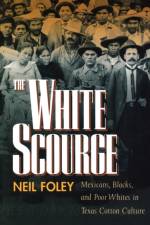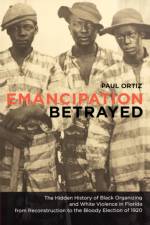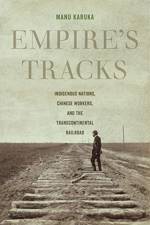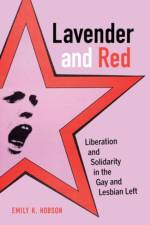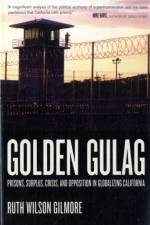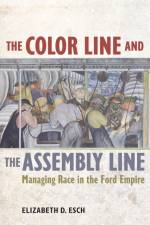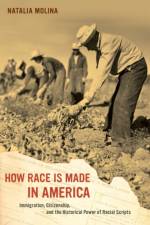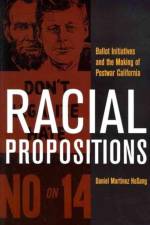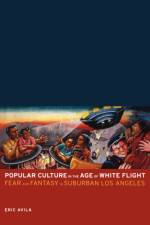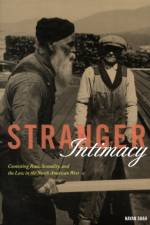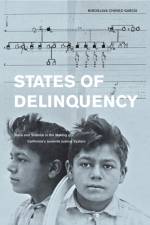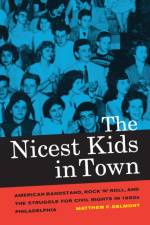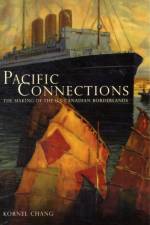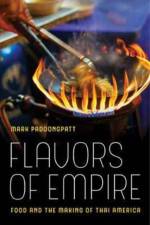av Charlotte Karem Albrecht
419
"This highly enjoyable and important book is groundbreaking for its intellectual argument and methodological interventions. I deeply appreciate Charlotte Karem Albrecht's insistence on intersectionality to underline acts of transitory entrepreneurship and the approach of 'historical-grounded imagining' that explores possibilities of queerness and anxiety, as well as pleasure."--Judy Tzu-Chun Wu, coauthor of Fierce and Fearless: Patsy Takemoto Mink, First Woman of Color in Congress "Possible Histories brings an innovative queer analytic to the history of Arab Americans, inquiring into the intimate relationships among itinerant peddlers. Uncovering the role of sexuality in racializing Arab Americans, it challenges respectability politics--the drive to prove normativity to belong. Karem Albrecht brilliantly upends reigning paradigms in Arab American history."--Evelyn Alsultany, author of Broken: The Failed Promise of Muslim Inclusion "Possible Histories presents a nuanced, fresh understanding of peddling by foregrounding intimacy as a rubric through which to queer normative assumptions that have typically burdened the Arab American archive. Karem Albrecht's groundbreaking 'queer ecology of peddling' carves space for recuperating the dynamic, life-giving possibilities that thrived in peddling networks, despite the raced/gendered/sexualized anxieties competing to stamp them out. Opening up new vistas to the past, Possible Histories also beckons us to dream about the future--it is a true gift."--Amira Jarmakani, Professor of Women's, Gender, and Sexuality Studies, San Diego State University "A deeply personal queer history that is brisk, unsettling, and brimming with insights. Puzzling through gossip, shame, and scandal, Karem Albrecht tugs upon poetry, stories, and beguiling photographs and offers an astounding kaleidoscope of Arab American women and men in the twentieth century."--Nayan Shah, author of Refusal to Eat: A Century of Prison Hunger Strikes "Possible Histories is a rich and insightful contribution to queer theorizing on kinship, archives, and diaspora. In this moving tribute to the challenges of navigating the traps of recovery work with the all-too-human desires to know and to connect the past with the present, Karem Albrecht traverses the maze of memory and family with care and thoughtfulness. Just as important is the attention to transient and contingent laboring as a site of queer-becoming untethered from identity."--Jasbir Puar, Professor of Women's, Gender, and Sexuality Studies, Rutgers University

